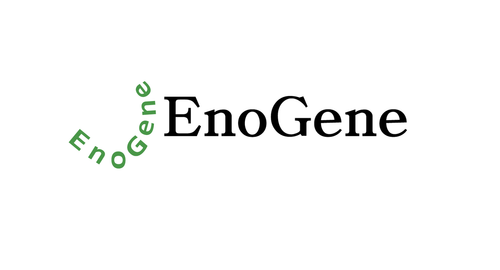Product Description
Anti- EXOSC3 Antibody | FNab02903 | FineTest
Form: liquid
Purification: Immunogen affinity purified
Purity: ≥95% as determined by SDS-PAGE
Host: Rabbit
Clonality: polyclonal
Clone ID: N/A
Isotype: IgG
Storage: PBS with 0.02% sodium azide and 50% glycerol pH 7.3, -20℃ for 12 months (Avoid repeated freeze / thaw cycles.)
Background: Non-catalytic component of the RNA exosome complex which has 3'->5' exoribonuclease activity and participates in a multitude of cellular RNA processing and degradation events. In the nucleus, the RNA exosome complex is involved in proper maturation of stable RNA species such as rRNA, snRNA and snoRNA, in the elimination of RNA processing by-products and non-coding 'pervasive' transcripts, such as antisense RNA species and promoter-upstream transcripts (PROMPTs), and of mRNAs with processing defects, thereby limiting or excluding their export to the cytoplasm. The RNA exosome may be involved in Ig class switch recombination (CSR) and/or Ig variable region somatic hypermutation (SHM) by targeting AICDA deamination activity to transcribed dsDNA substrates. In the cytoplasm, the RNA exosome complex is involved in general mRNA turnover and specifically degrades inherently unstable mRNAs containing AU-rich elements (AREs) within their 3' untranslated regions, and in RNA surveillance pathways, preventing translation of aberrant mRNAs. It seems to be involved in degradation of histone mRNA. The catalytic inactive RNA exosome core complex of 9 subunits (Exo-9) is proposed to play a pivotal role in the binding and presentation of RNA for ribonucleolysis, and to serve as a scaffold for the association with catalytic subunits and accessory proteins or complexes. EXOSC3 as peripheral part of the Exo-9 complex stabilizes the hexameric ring of RNase PH-domain subunits through contacts with EXOSC9 and EXOSC5.
Immunogen: exosome component 3
synonyms: RRP40
Molecular weight (observed) : 31 kDa
Reactivity Species: Human, Mouse, Rat
Tested Application: ELISA, WB, IF, IHC
Recomended Dillution : WB: 1:500-1:2000; IP: 1:200-1:1000; IHC: 1:20-1:200
Research Area: Metabolism
 Euro
Euro
 USD
USD
 British Pound
British Pound
 NULL
NULL












